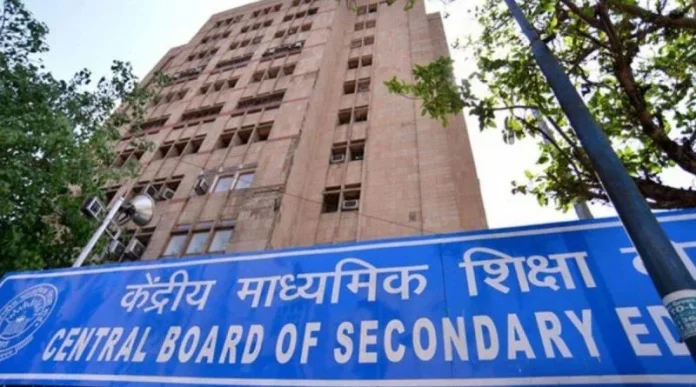NEW DELHI, June 25: In a landmark move aligning with the National Education Policy (NEP) 2020, the Central Board of Secondary Education (CBSE) has approved a ‘Two Board Examination System’ for Class 10 students starting from the academic year 2026. The new system aims to reduce academic pressure and allow students to improve scores through multiple attempts.
According to an official circular issued by CBSE Controller of Examinations Dr. Sanyam Bhardwaj, all Class 10 students will be required to appear for the first Board examination, scheduled to begin in mid-February. Those wishing to enhance their performance can reappear in a second Board exam in May, with results for the two sessions declared in April and June, respectively.
Under this model, students can choose to improve scores in up to three subjects. The “best-of-two” policy ensures that the higher marks between the two attempts will be counted, thereby reducing the high-stakes nature of single-session exams. However, internal assessments will be conducted only once before the first examination.
“This decision will make the assessment process more student-friendly and reduce the dependence on coaching centres,” the CBSE stated. The reform also includes flexibility for specific student groups. Winter-bound schools will have the liberty to choose their preferred exam session. Special accommodations will be provided for students with special needs and those participating in national or international sports events.
The draft guidelines for this two-exam policy were released earlier in February 2025 for public consultation, receiving widespread support from educationists and parents alike.
While the dual-exam policy is currently confirmed for Class 10, CBSE has hinted that a similar model for Class 12 may be considered in the future, though no official timeline has been announced.
This marks a significant shift in India’s school education framework, promoting a flexible, student-centric approach aimed at reducing pressure and promoting holistic learning outcomes.

